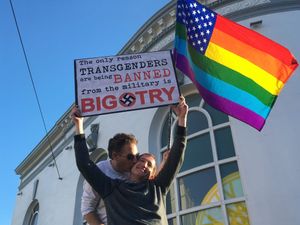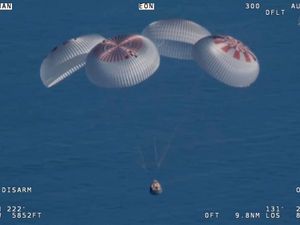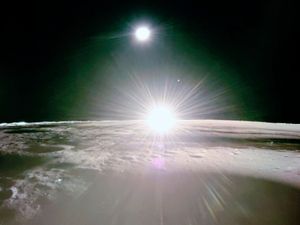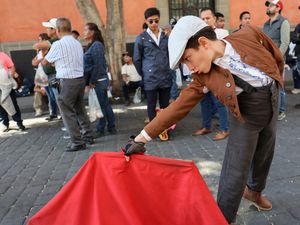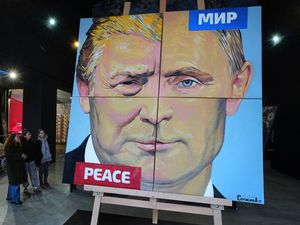Hezbollah confirms death of seventh top commander in Israeli air strikes
Nabil Kaouk was killed on Saturday, a day after the death of the militant group’s leader for more than three decades, Hassan Nasrallah.
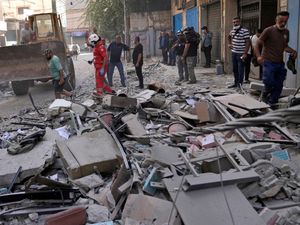
The militant group Hezbollah has confirmed another of its senior leaders has been killed in an Israeli air strike.
The Israeli military said earlier on Sunday that it had killed Nabil Kaouk in an attack the day before.
He is the seventh senior leader of the Lebanese militant group to be killed since September 20, including Hassan Nasrallah, who was Hezbollah’s top leader for more than three decades.
Hezbollah also confirmed on Sunday that Ali Karaki died in the same attack as Nasrallah in Beirut on Friday.
Meanwhile, an Israeli air strike on north-east Lebanon killed 11 people on Sunday.
Lebanon’s state news agency said the early morning attack destroyed a home, killing all 11 people inside.
Six of the bodies were recovered from under the rubble and the search continues for the remaining five in the village of al-Ain, the National News Agency said.
More than 700 people have been killed in Lebanon since September 23 when Israel intensified its air strikes around the country, forcing tens of thousands to flee their homes in south Lebanon, the eastern Bekaa Valley and Beirut’s southern suburb known as Dahiyeh.
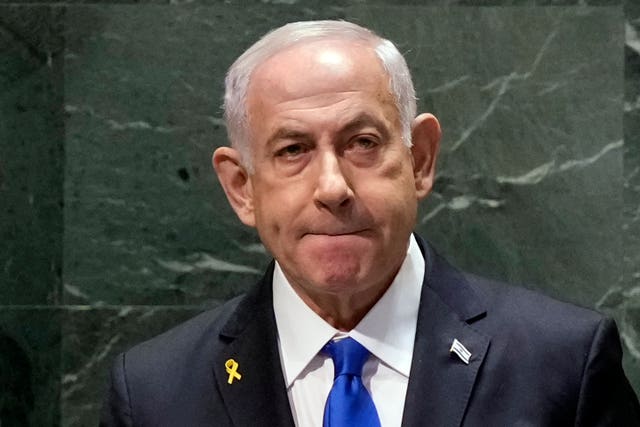
The number of those displaced has more than doubled and now stands at more than 211,000, according to the United Nations.
Israeli Prime Minister Benjamin Netanyahu said targeting Hezbollah leader Nasrallah was “an essential condition to achieving the goals we set”.
Hezbollah confirmed on Saturday that Nasrallah, one of its founding members who has been linked by Israel to attacks on Israeli and Jewish targets, had been killed in an air strike in southern Beirut.
The Israeli military said it carried out a precise air strike on Friday while Hezbollah leaders were meeting at their headquarters in Dahiyeh.
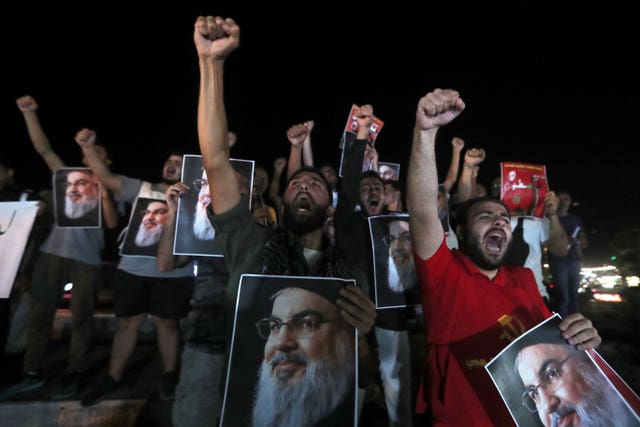
In his first public remarks since the killing, Mr Netanyahu said: “He wasn’t another terrorist. He was the terrorist.”
He said Nasrallah’s killing would help bring displaced Israelis back to their homes in the north and would pressure Hamas to free Israeli hostages held in Gaza.
But with the threat of retaliation high, he said the coming days will bring “significant challenges” and warned Iran against trying to strike.
“There is no place in Iran or in the Middle East that Israel’s long arm cannot reach,” he said. “Today you know how much that is true.”
A statement from Hezbollah said Nasrallah – who led the group for more than three decades – “has joined his fellow martyrs”.
The group vowed to “continue the holy war against the enemy and in support of Palestine”.
Meanwhile, thousands of people gathered across Iran on Sunday to protest against the killing of Nasrallah.
State TV aired footage of protests in several major cities, while at the parliament, politicians chanted “Death to America” and “Death to Israel”.
Iran helped establish Hezbollah in the 1980s and has provided the Lebanese militant group with sophisticated weaponry and training.
The air strike that killed Nasrallah on Friday also killed Abbas Nilforushan, a senior officer in Iran’s Revolutionary Guard.

